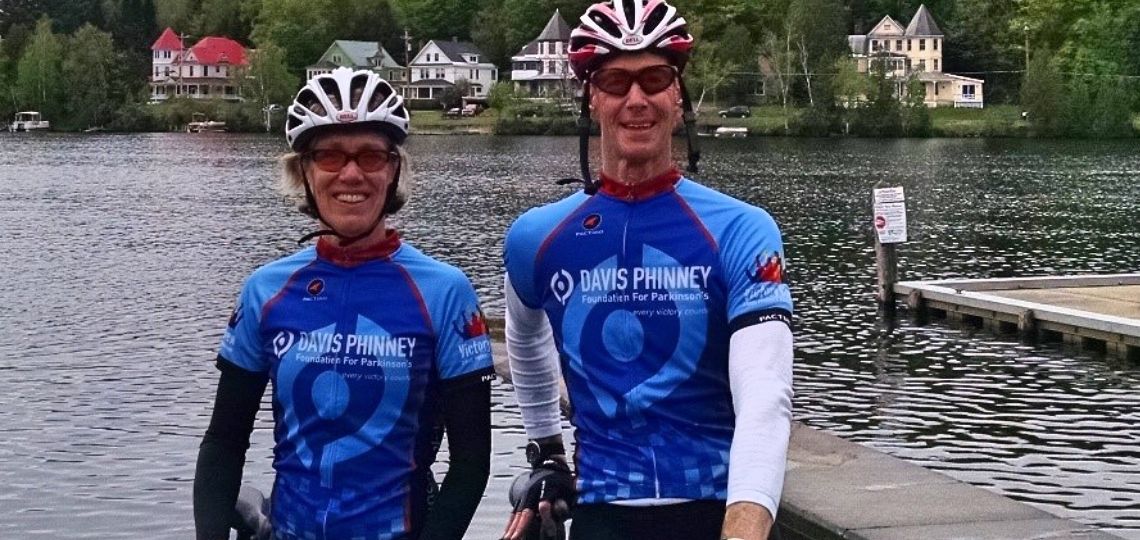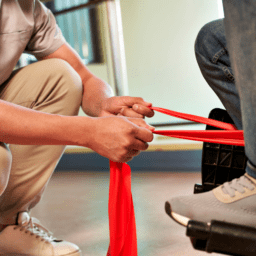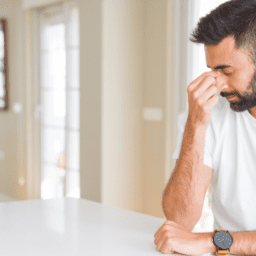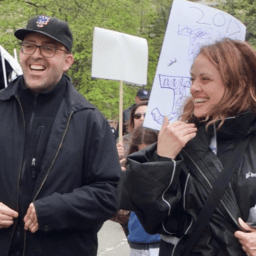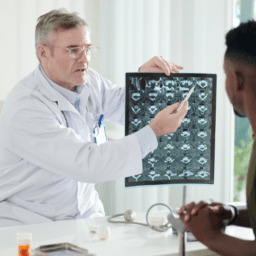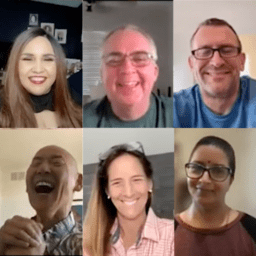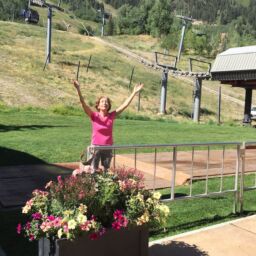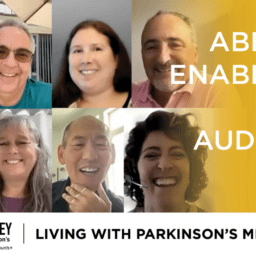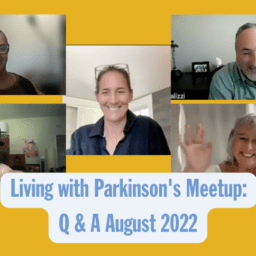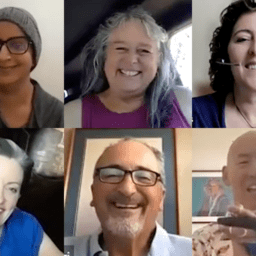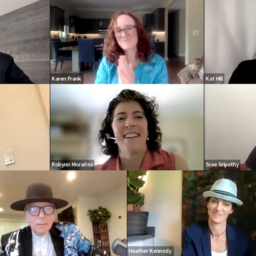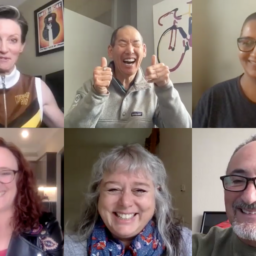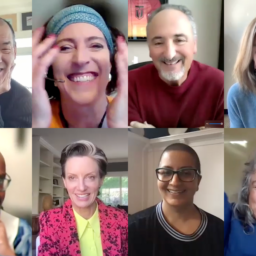This week, we’ve invited our YOPD Council leaders (Amy, Steve, Gaynor, Kat, Tom, Erin, Heather, and Kevin) to take over the blog and share their stories. We hope you’re as inspired by them as we are.
Written by Steve Hovey, Davis Phinney Foundation YOPD Council Leader
A Parkinson’s diagnosis is tough for anyone to hear, but it can be particularly difficult for a young person. I was diagnosed with Parkinson’s in 2007, just a few months after my fiftieth birthday. With one daughter out of college and working as an RN in Colorado, and our other daughter entering her junior year of college, my wife (Nancy) and I were beginning to enjoy our extra time traveling, spending time at our house in the mountains, hiking, biking, and skiing more than ever. At the time I owned two businesses, and both were doing well. We were proud parents and having fun. Life was good! Then, the bomb hit – “You have Parkinson’s!” It went something like this:
Doctor: Well, Steve, I regret to say that I agree with the neurologist. You do have Parkinson’s, but it could be worse. We see no evidence of a brain tumor or possible stroke. Of all the potential issues we tested for, trust me, this is the best.
Me: Gee, well, if you put it this way, I guess I should be happy. Why don’t I feel happy?
Doctor: I know this is not what you wanted to hear, but with medication, you will be able to manage the progression fairly well… for a while.
Me: What’s a while? Like, what’s it going to look like five years from now?
Doctor: Best case, five years from now you will still be able to do what you’re doing now with some minor symptoms.
Me: 10 years?
Doctor: Well, that’s an individual thing. You are young and in shape; so, you may still be able to do a lot of activities but with some modifications.
Me: 15 – 20 years?
Doctor: Well, at that point, you probably won’t be able to do some of the activities you currently enjoy. That’s just the reality of it.
Now, I must tell you, on the compassion scale – and every other metric you would rate a doctor – this doctor (a Movement Disorder Specialist in Philadelphia) is a 10. He was and is an awesome guy. I could not have been told more gently and compassionately. But this news sucked! What do I do?
Me: Hey doctor, what do I do?
Doctor: We’ll start you on Sinemet, see how it goes, and develop a medicine regimen that works for you.
Me: Yeah, but what can I DO?
Doctor: What do you mean?
Me: I mean, what can I do to help myself? What about exercise? Diet? Is there anything I can do to slow the progression?
Doctor: Well, getting regular exercise and eating well are smart things for all of us to do, so I think it would be good for you too! (Remember, this was over 13 years ago, and the medical community did not fully understand just how important exercise and good nutrition was for people with Parkinson’s!)
You get the point. I was confused, disappointed, and a bit scared about what the future held for me and my family. Surely, there was more I could do to help myself, but no one could tell me what that might be. I joined a support group that was pretty much a pity party, and I stopped attending after three visits. We found things to read but felt very alone when it came to “living” with Parkinson’s. Nancy and I knew very little about Parkinson’s going into this and did not know anyone else with the condition we could talk to. Fortunately, that was about to change!
About a year or so after my diagnosis, my daughter Courtney who was living in Denver participated in a century bike ride in Boulder and met Davis Phinney and some of the incredible Davis Phinney Foundation staff. Courtney shared my story with them and before long, Nancy and I were introduced to the great work of the Davis Phinney Foundation.
It was such a relief to be around like-minded people who embraced such a positive attitude about living well with Parkinson’s.
Everyone we met inspired me to look beyond Parkinson’s and appreciate all life has to offer. In addition, I was relieved to learn through research funded by the Foundation that exercise is important in slowing the progression of Parkinson’s.
Nancy and I have been a big fan of the Davis Phinney Foundation’s mission and people for more than 12 years now. Through their investment in research, resources, and events, the Davis Phinney Foundation is committed to helping folks like me live well despite the hurdles Parkinson’s throws our way. It is my appreciation for all they do that inspires me to help share their message to the broader Parkinson’s community by volunteering and fundraising on their behalf.
WANT TO learn more about the yopd Council?
You can register for the entire YOPD Council series here. We meet on the third Thursday of every month to discuss the unique challenges of living with YOPD.


